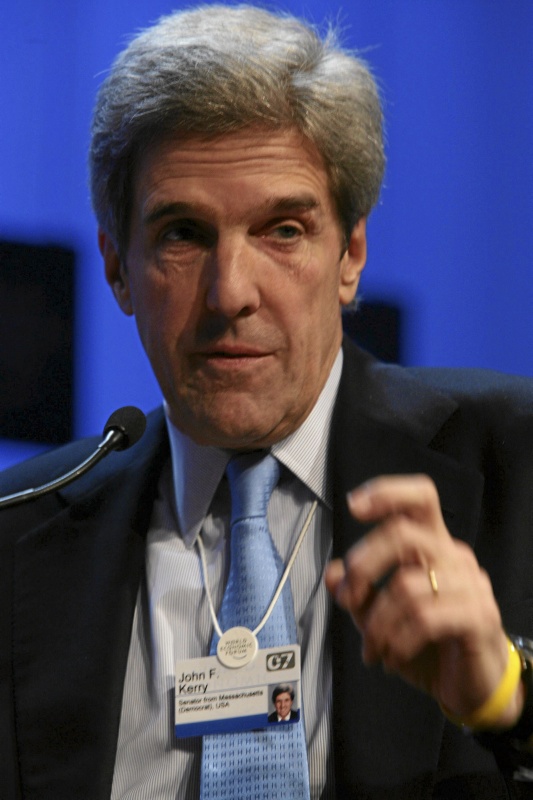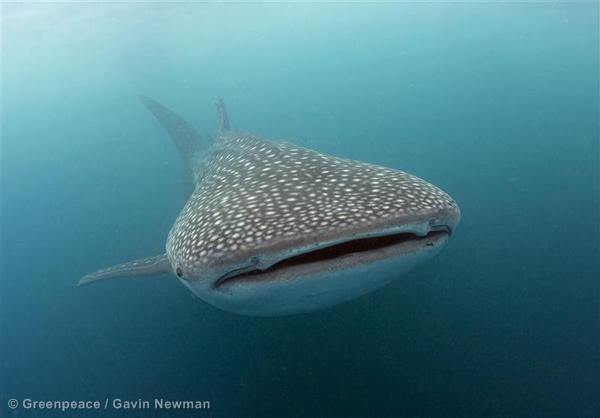Sunday may have been World Oceans Day, but considering half of all the oxygen we breathe comes from the oceans, we should be thanking our lucky stars for them every day. John Kerry knows how important they are. Thats why he and the US Department of State are convening the Our Ocean Conference on June 16th. Unfortunately, up until now, there hasnt been any word on protecting life in the high seas, those parts of the oceans that arent the territory of any one nation (and therefore belong to us all). Greenpeace believes that official protection of high seas biodiversity is way past due. And we expect Secretary Kerry to step up. So we wrote him a letter.
Dear John,
We cant go on like this.
We think back to those early days, how you seduced us with your sweet talk. We swooned when you reminisced about growing up near the beaches of Massachusetts, when you recalled for us the seafaring days of your ancestors. You painted the most romantic pictures of yourself sailing and fishing, and you whispered tenderly how you appreciate the wonders of the ocean.
We were like omg (sigh).
You were just so adamant that the ocean was worth protecting. You talked about all the challenges they face from acidification, overfishing, rising temperatures. You talked about how important they were to the survival of all life, how a billion people depend directly upon them for their livelihoods, and the rest of us wouldnt be able to breathe without them.
You seemed to understand how the crises of the worlds oceans are pushing marine life to the brink of collapse. Our hearts fluttered with your real talk.
We felt like maybe you really, reallyknew us.
But sometimes we get really worried youre just stringing us along.
You and I both know there is only way to really protect the oceans we love so much: you gotta commit.
And when it comes to oceans, what we need most is protection for the biodiversity of the high seas. Why? Oh don’t act like you don’t know.
- More than 64% of the oceans lie beyond the jurisdiction of any one country. These waters belong to the entire world community, but some countries and corporations are plundering them, ruining them for the rest of us and future generations.
- Much more emphasis has been put on the right to plunder the oceans than on the responsibility to protect them. Managing the high seas is like trying to govern the Wild West. John. (Might you be the new sheriff in town?)
- If you want to fish, drill, or mine the high seas, plenty of organizations and processes enable you. But no mechanisms are in place to facilitate our responsibility to protect them.
- A majority of countries favor an agreement to protect the high seas, but to date a handful of powerful countries have blocked one.
Essentially what were looking for is a high seas biodiversity agreement under the UN Convention on the Law of the Sea. And we believe youre the one who can make it happen. Please get the conversation going at the Our Ocean Conference on June 16th.
What do you say? Are you gonna put a ring on it or what?
Love, Us




